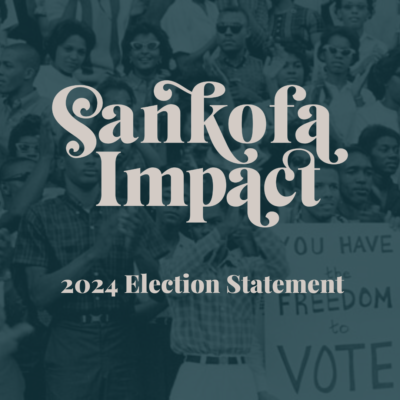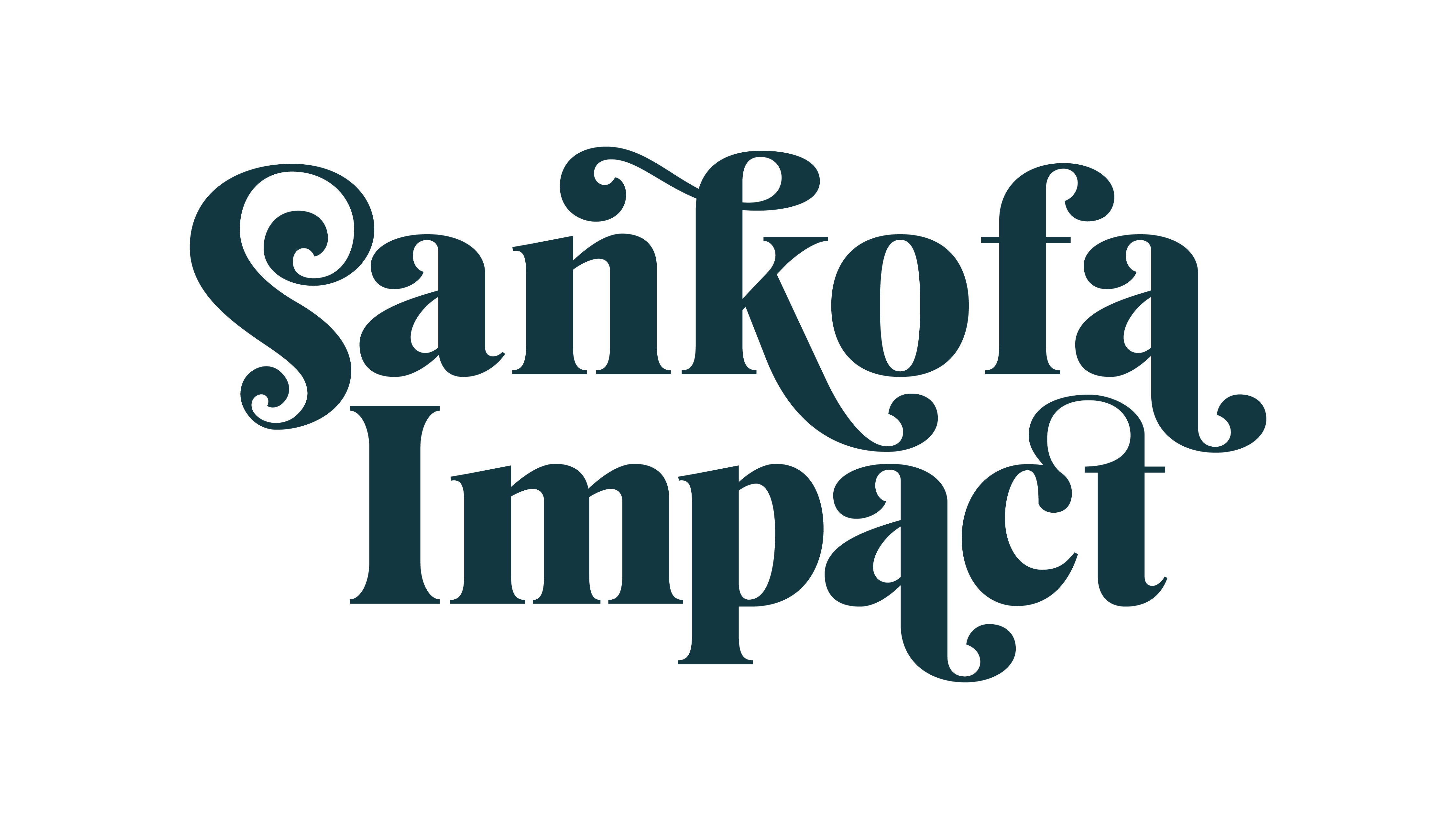The history of the United States resides within our collective memory largely through stories. Many vital stories are hidden. This is unacceptable. To understand Black history in the United States is to know that progress and struggle go hand in hand and we believe in remembering and uplifting stories of resilience, community, and profound love.
We must tell the unvarnished truth. The United States is racist, sexist, transphobic, xenophobic, and under the harmful sedation of capitalism. We know all this because we know our history. Politicians and public figures often respond to social injustices by claiming that, “this is not who we are.” The recent presidential election results confirm what many of us know in our head and hearts—this is exactly who we are.
History demonstrates that those in power will act upon their worst instincts and harm people to maintain the status quo. For hundreds of years, the violent actions of white landowning men have called upon our collective resilience. When we visit Whitney Plantation outside New Orleans, we learn about enslaved people who slowed or stopped labor completely, snuck food for loved ones, spat in meals they were forced to serve, ran away from the terror and bondage, and violently rebelled against white oppressors. Resistance was acted upon with little to no hope of relenting in their lifetime.
The results of the election have left many in our community angry, dysregulated, and something far beyond sick and tired. Things seem bleak and there is no guarantee that things will be ok going forward. When we travel to Memphis, we learn about the sanitation workers that went on strike there in 1968 to gain better working conditions and wages. They stopped work and relied on each other without any assurance that change would come. The community banded together and eventually, the white power structure in Memphis acknowledged the workers’ humanity and relented. When we organize, we win.
What is most personal is most universal. If you have felt rage, know that many others have been enraged. If you have cried, know that we have cried with you. If you have just needed a minute, know that we have taken several. If you are feeling determined, know that we are building an army of light that will overcome any darkness. No political election, the elimination of DEI programs, or book banning will erase history.
James Baldwin said, “Love has never been a popular movement. And no one’s ever wanted, really, to be free. The world is held together, really it is held together, by the love and the passion of a very few people. Otherwise, of course, you can despair. Walk down the street of any city, any afternoon, and look around you. What you’ve got to remember is what you’re looking at is also you.”
We need to see each other. This moment desperately calls out for community. Community that we can be sure of. Make that call to an old friend. Attend a community event. Seek out alignment and you will find it. We can be sure of each other and we will need to be. The algorithm will not save us. As June Jordan said, “We are the ones we have been waiting for.”
When we travel to Mississippi, we often visit the grave of Fannie Lou Hamer. She is a cornerstone of Sankofa Impact. Born as a sharecropper, Fannie Lou Hamer was a civil rights activist, known for her work with the Student Nonviolent Coordinating Committee (SNCC), advocating for voting rights, racial equality, and economic justice in the 1960s. She was an everyday activist. She believed that our liberation was bound to one another. It must be said, this is also who we are.
There may be no more profound history lesson than this: We are connected to everyone before us and to all those yet to come and we have a responsibility to honor the past through our resilience, creativity, and profound love so that this world can become a place worth living in. A world where we all, ALL of us are free.

